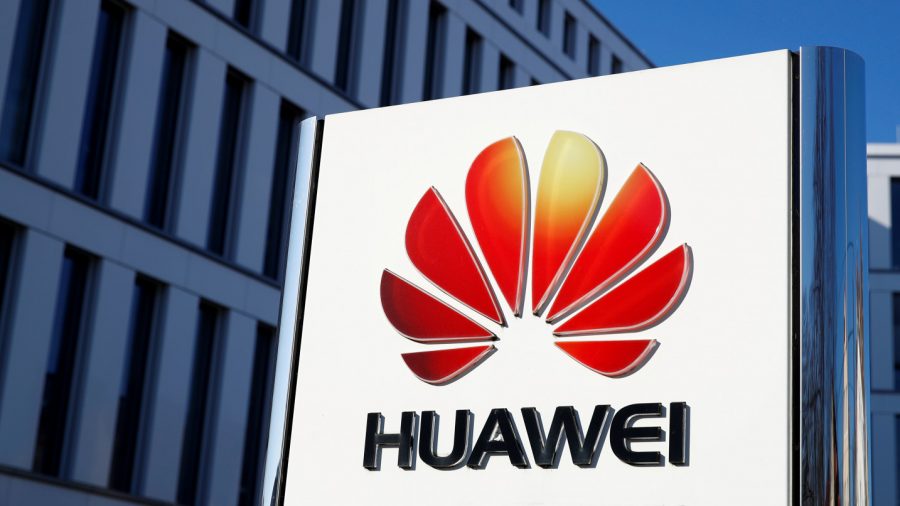NEW YORK—Huawei Technologies Co. and Huawei Device USA pleaded not guilty on March 14 to federal charges of bank fraud, wire fraud, and violations of U.S. sanctions against Iran.
Huawei and its affiliate were arraigned in U.S. District Court in Brooklyn, New York. The next hearing date was scheduled for April 4.
In a 13-count indictment unsealed in January, the U.S. Department of Justice said the Chinese telecoms giant misled global banks and U.S. authorities about its relationship with a Hong Kong firm named Skycom Tech—which was, in fact, an unofficial subsidiary of Huawei that conducted business in Iran.
Skycom, who was also charged in the indictment, did not appear in court for the arraignment as the firm has not yet been formally notified of the proceedings, U.S. prosecutor David Kessler told the court on March 14.
Meanwhile, the company’s chief financial officer, Meng Wanzhou, who is personally indicted in this case, is currently fighting extradition proceedings in Canada.
The charges add heat to the scrutiny Huawei already faces in the West over concerns that its products could be exploited by the Chinese regime for spying. The company has continually denied this allegation.
Separately, two units of the company, Huawei Device and Huawei Device USA, pleaded not guilty on Feb. 28 at a federal court in Seattle in a case concerning theft of trade secrets.
In a 10-count indictment, the two units were charged with stealing trade secrets, wire fraud, and other offenses in connection with a conspiracy to steal trade secrets from mobile carrier T-Mobile US between 2012 and 2014. A trial date was set for March 2020.
Prosecutors accuse Huawei of engaging in a concerted effort to steal information about a T-Mobile phone-testing robot nicknamed “Tappy.” The robot, which mimics human fingers, was developed by the mobile carrier to test smartphones.
Huawei recently confirmed that it is suing the U.S. government over section 889 of the National Defense Authorization Act passed last August, which bans federal agencies and their contractors from purchasing Huawei equipment. Lawmakers had added that provision due to national security risks associated with Huawei products.
From The Epoch Times

